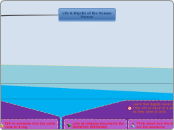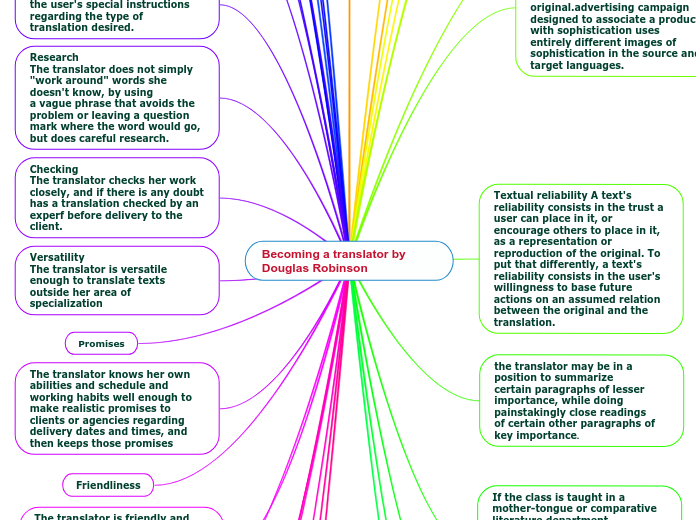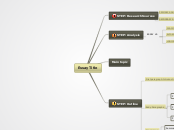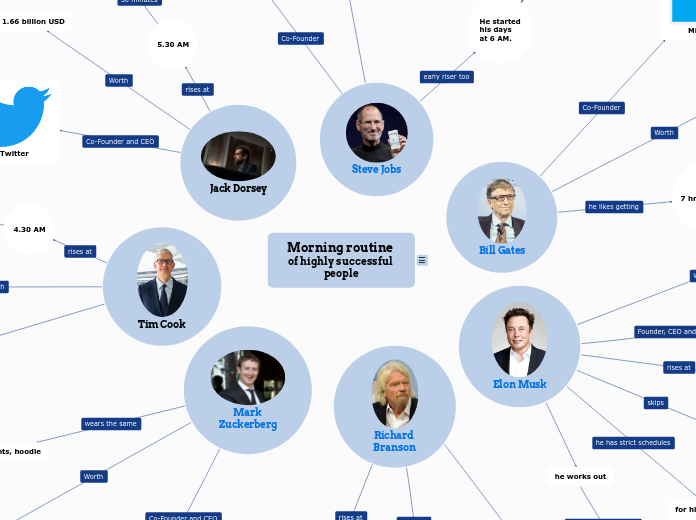av dari lesley 6 år siden
180
mindmap
The course emphasizes the development of critical thinking and composing skills, focusing on integrating evidence through summaries, paraphrasing, visuals, and quotations. Students are encouraged to support their ideas with compelling discussions derived from multiple sources.









